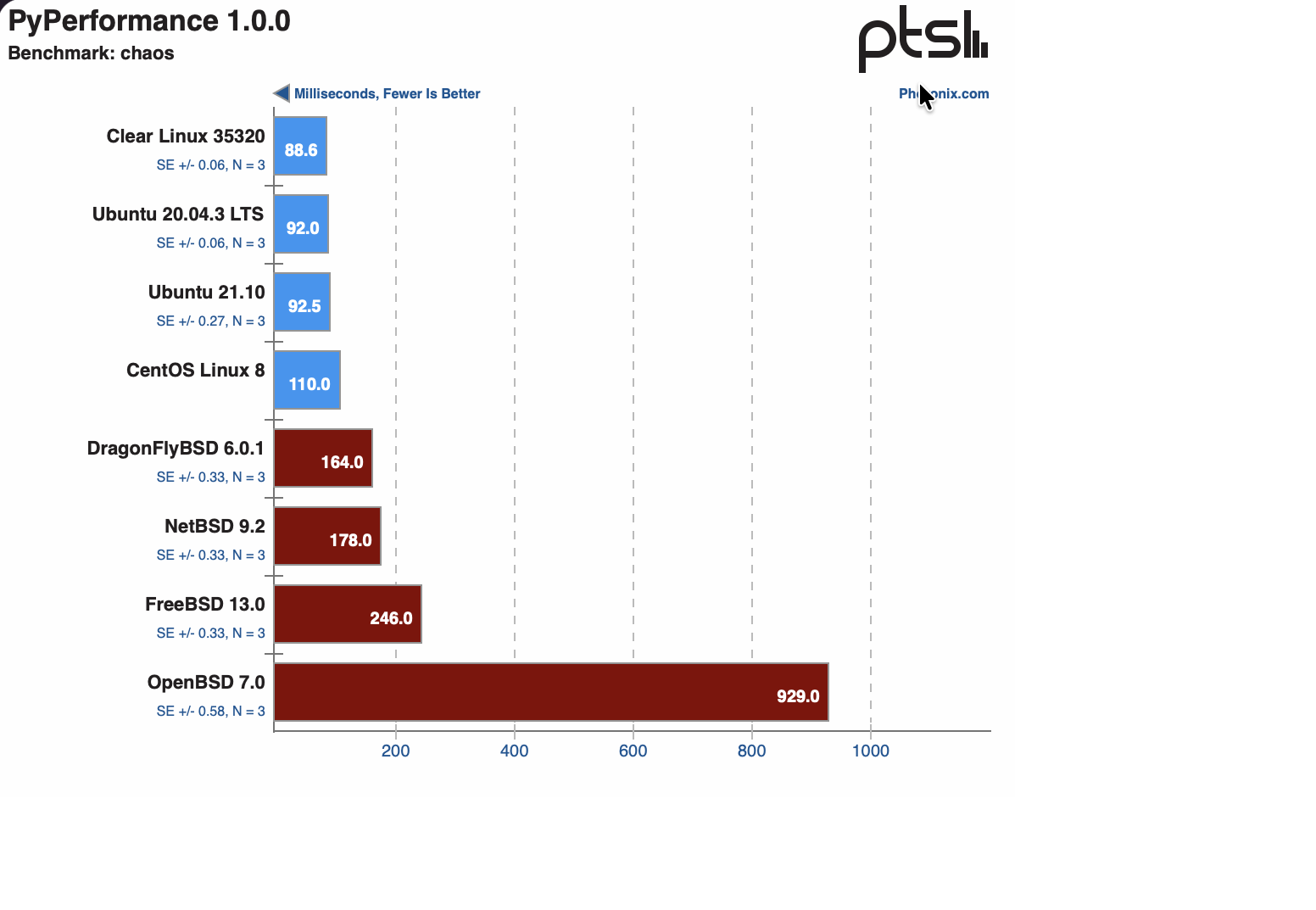FreeBSD vs Linux: A Comprehensive Comparison Across All Aspects
Introduction
FreeBSD and Linux are two of the most influential open-source operating systems that share a common UNIX heritage. While both offer powerful performance, stability, and flexibility, they differ substantially in design philosophy, licensing, kernel architecture, and community governance. This article provides an academic-style, comprehensive comparison of these systems across every critical dimension.
Historical Background
FreeBSD originated from the Berkeley Software Distribution (BSD) lineage, directly descended from the original UNIX developed at AT&T Bell Labs. Linux, on the other hand, was created by Linus Torvalds in 1991 as a hobby project that evolved into a global open-source ecosystem. FreeBSD retains much of its original UNIX code, whereas Linux reimplements UNIX-like principles from scratch.
FreeBSD is a true UNIX derivative, while Linux is a UNIX-like reimplementation adhering to POSIX standards.
Licensing Differences
One of the most fundamental distinctions lies in licensing. FreeBSD uses the permissive BSD license, allowing anyone to use, modify, and redistribute the software—even in closed-source projects. Linux uses the GNU General Public License (GPL), which enforces that derivative works must remain open-source. This philosophical divergence affects corporate adoption and ecosystem growth.
| Aspect | FreeBSD License (BSD) | Linux License (GPLv2) |
| Openness | Permissive | Copyleft |
| Commercial Use | Allowed without disclosure | Must share source |
| Reusability | Flexible | Restricted by GPL terms |
| Proprietary Integration | Supported | Limited |
Kernel Architecture and System Design
FreeBSD employs a monolithic kernel with modular extensions, similar to Linux, but it integrates the entire operating system as a cohesive unit, including kernel, libraries, and utilities. Linux, by contrast, focuses on the kernel alone, with userland components supplied by different distributions such as Ubuntu, Fedora, or Arch Linux.
FreeBSD is a complete operating system, while Linux is primarily a kernel around which distributions are built.
Performance and Scalability
In server environments, FreeBSD is renowned for its stability and predictable performance under high-load scenarios, particularly in networking and file system operations. Linux, on the other hand, benefits from rapid hardware driver development and broader community support. Benchmarks often show FreeBSD excelling in I/O throughput, while Linux performs better in diverse workloads due to kernel optimization for modern CPUs.
Security and System Integrity
Security is central to both systems. FreeBSD incorporates advanced security frameworks such as jails, securelevels, and Capsicum capability mode, enabling lightweight, isolated environments. Linux relies on namespaces, cgroups, and SELinux or AppArmor for similar purposes. FreeBSD’s security is often viewed as simpler and more consistent, while Linux’s approach is more flexible but fragmented across distributions.
Networking and System Administration
FreeBSD’s network stack is considered one of the most efficient and reliable implementations, making it a preferred choice for routers, firewalls, and high-performance servers. Linux’s system administration has evolved rapidly with tools like systemd, while FreeBSD relies on traditional UNIX init and a unified ports collection for software management.
# Example: Updating software in FreeBSD
portsnap fetch update
portmaster -a
# Example: Updating software in Ubuntu Linux
sudo apt update && sudo apt upgradePackage management commands in FreeBSD and Linux
Use Cases and Industry Adoption
FreeBSD powers critical infrastructure such as Netflix’s content delivery network and parts of PlayStation’s operating system. Linux dominates the enterprise, cloud, and mobile sectors (Android). For embedded systems, Linux offers greater hardware diversity, while FreeBSD excels in reliability-focused deployments.

Performance comparison of FreeBSD and Linux in server benchmarks.
Conclusion
Both FreeBSD and Linux exemplify the power of open-source software but serve different purposes. FreeBSD emphasizes cohesive design, permissive licensing, and robust networking performance, while Linux thrives on diversity, hardware compatibility, and rapid innovation. The optimal choice depends on organizational needs — FreeBSD for stability and licensing flexibility, Linux for hardware versatility and ecosystem breadth.